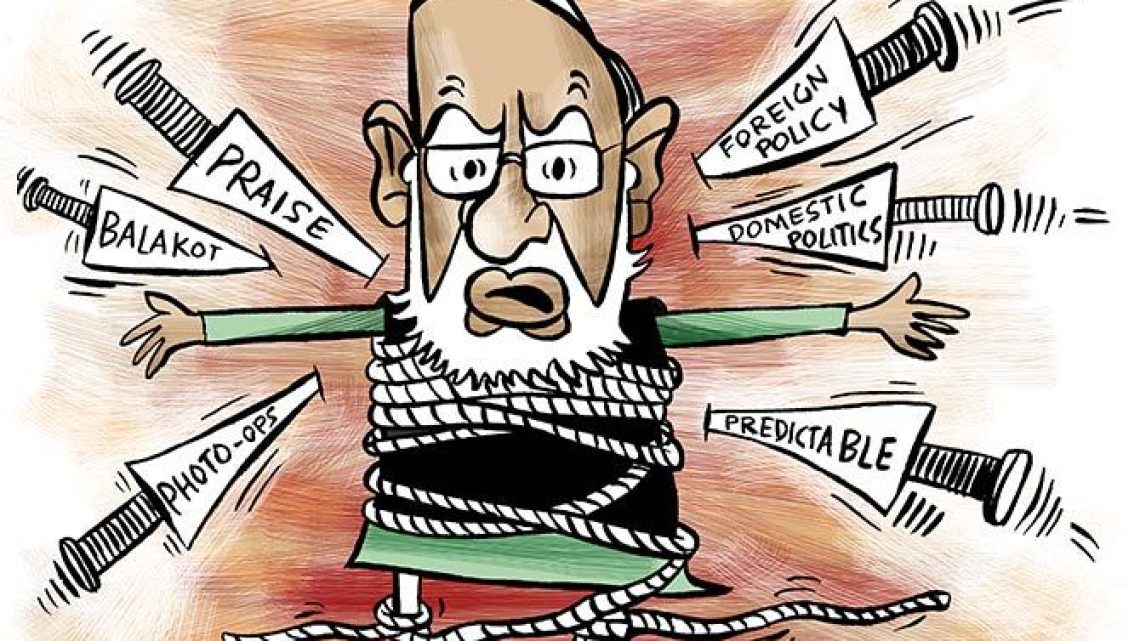
Is Modi’s Foreign Policy Confused or Strategic?
July 23, 2024Indian Prime Minister Narendra Modi’s recent visits to Russia and Austria have sparked debate over his foreign policy. Modi’s attempt to balance ties with the US and Russia has raised questions.
During his summit with Vladimir Putin, Modi received Russia’s highest honor, the Order of St Andrew the Apostle. However, the visit coincided with a Russian attack on a Kyiv children’s hospital.
This timing drew criticism from Ukrainian President Zelenskyy. In India, the visit was praised as showcasing “strategic autonomy.” However, the visit’s tangible outcomes were minimal.
Nine agreements were signed, mainly focusing on trade and investment promotion. A notable agreement involved Russia’s commitment to return 35 Indian citizens deceived into fighting for the Russian army in Ukraine.
The anticipated Reciprocal Exchange of Logistics Agreement (RELOS) was not signed. RELOS would have facilitated military logistical support and was expected to last five years with automatic renewal.
India had already signed a similar agreement with the US in 2016. Despite strong defense ties with Russia, the lack of RELOS raises concerns about strategic alignment.
India and Russia have a long partnership in nuclear energy, including reactors at Kudankulam in Tamil Nadu and plans for additional units. This partnership likely involves a long-term uranium supply pact.
India continues to purchase significant amounts of oil from Russia despite US reservations and has acquired the S-400 missile system. Reports also suggest some level of Indian assistance to Ukraine.
Modi’s foreign policy, seen by some as opportunistic, has improved his domestic standing but raises questions about effectiveness and strategy. The visit to Russia showed engagement but lacked substantial gains, potentially affecting India’s international reputation.

